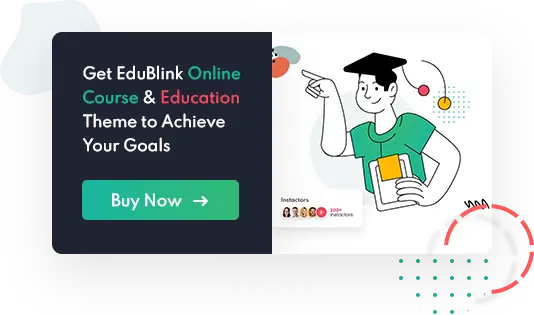Using rich, precise vocabulary can significantly boost your band score in the IELTS Writing and Speaking sections. While grammar and structure are essential, your ability to express ideas using a variety of accurate and appropriate words is what sets you apart from average test-takers.
At IStudentPlus, we help students level up their vocabulary with smart strategies—not just long word lists. In this blog, we’ll share high-impact words and phrases you can start using today to sound more academic, fluent, and confident.
Why Vocabulary Matters in IELTS
Vocabulary accounts for 25% of your score in both Writing and Speaking. Examiners look for:
- Range: Using a wide variety of words
- Accuracy: Choosing the right word in the right context
- Flexibility: Using idiomatic expressions and topic-related vocabulary
- Precision: Avoiding vague or overly general terms
Using strong vocabulary not only shows your language level, but also makes your communication more effective.

Common Vocabulary Mistakes to Avoid
Many test takers lose marks because they:
- Repeat basic words (e.g., good, bad, important) too often
- Use overly complex words incorrectly
- Rely on memorized phrases that don’t fit the question
- Use informal/slang expressions in formal writing
The goal is not to impress with “big words,” but to use appropriate and varied language naturally.

Powerful Words and Phrases for Writing & Speaking
Here are useful expressions that can upgrade your answers:
For Giving Opinions:
- I firmly believe that…
- It is widely acknowledged that…
- From my perspective…
For Describing Cause and Effect:
- This leads to…
- As a result of…
- Consequently…
For Adding Ideas:
- Furthermore / Moreover
- In addition to that…
- Not only that, but also…
For Contrasting:
- However / Nevertheless
- On the other hand
- Despite the fact that…
Strong Alternatives to Common Words:
| Basic Word | Better Option |
| good | beneficial, valuable, effective |
| bad | harmful, problematic, inadequate |
| big | significant, substantial, considerable |
| small | minimal, limited, slight |
Topic Vocabulary Examples:
- Environment: carbon emissions, renewable energy, climate crisis
- Education: curriculum, academic performance, lifelong learning
- Technology: digital literacy, automation, cybersecurity
- Health: mental wellbeing, preventive care, medical intervention

How IStudentPlus Helps You Master IELTS Vocabulary
At IStudentPlus, we don’t just give you words—we show you how to use them correctly and confidently.
Our support includes:
- Themed vocabulary lists with real examples
- Speaking and writing exercises to apply new words
- Feedback on your word choice and paraphrasing
- Practice tasks with academic collocations and idiomatic phrases
- Tips for avoiding redundancy and overuse of filler words
Whether you struggle with repetition or just want to sound more natural, we’re here to help you grow your vocabulary effectively.

FAQs
Q: Should I memorize long word lists for IELTS?
A: No. It’s better to learn vocabulary in context and practice using it in your writing and speaking.
Q: Can I use idioms in the IELTS test?
A: In Speaking, yes—if used naturally. Avoid overly informal expressions in Writing.
Q: What happens if I use a word incorrectly?
A: It may affect your accuracy score. Always focus on using words you understand well.
Q: How can IStudentPlus help improve my IELTS vocabulary?
A: We provide personalized vocabulary-building plans, topic-based practice, and expert feedback to ensure you use words correctly and effectively.



